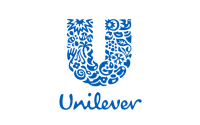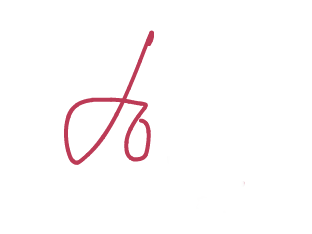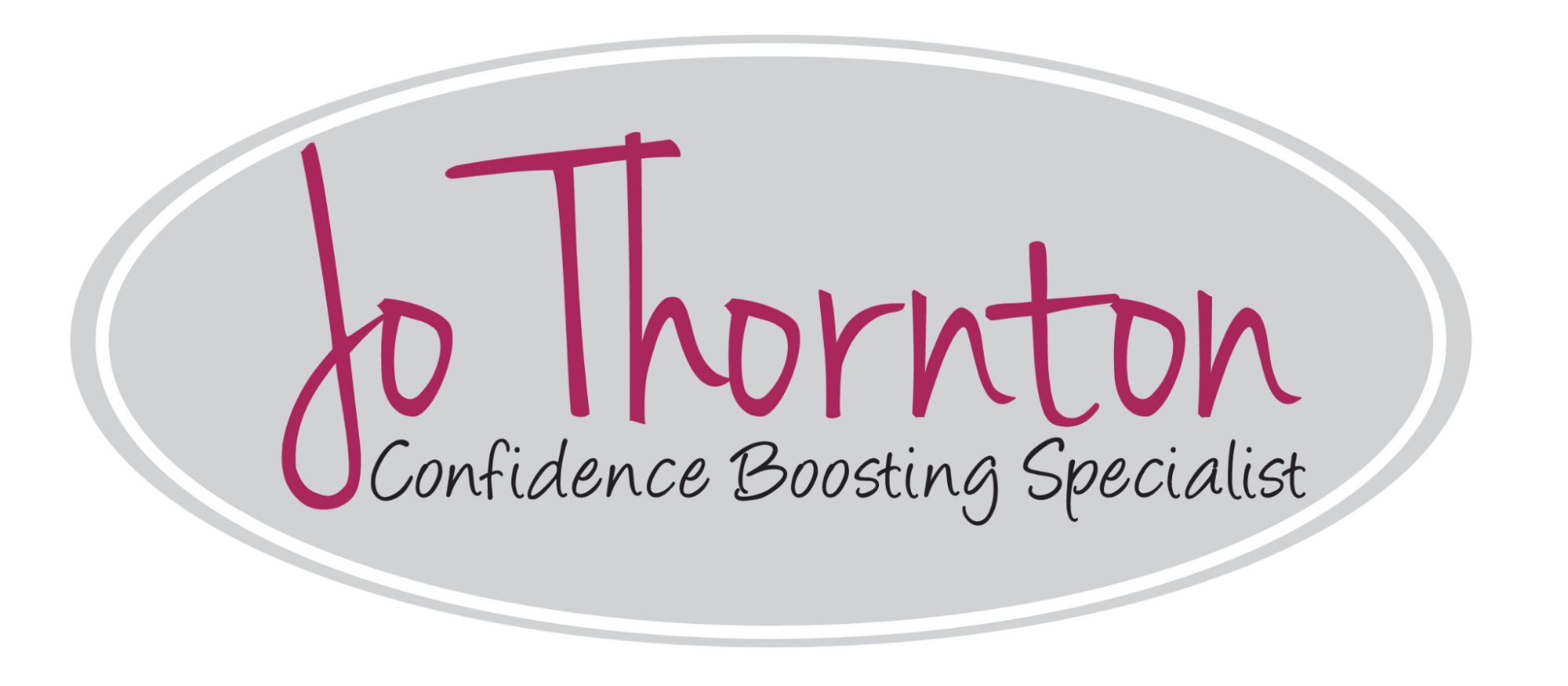Feminist Icon - Alan Jope and Unilever
Posted on
 |
 |
I read that 43% of managers within Unilever are women, and I just had to read up more about it as this is not the kind of percentage I normally see. It seems that their CEO is an active feminist and a member of the He-For-She campain. Go Alan and go Unilever! It's not quite 50%, or even 57% to 43% men, but it's a ratio significantly higher than many other multinational profit driven companies. They have looked through the layers of the company, including to the farms and producers working for them. It says to me that they are moving in the right direction and have tried to actively culture a business of feminist equality and safety. I dare say they have some way to go, but they seem to be aware of the issues and are not just focusing on women within offices.
Their official statement on women within the company goes as follows:
IMPACT Commitments
Expand opportunities and provide access to skills and training for women across the Unilever value chain.
Unilever believes that creating opportunities and providing access to skills and training is critical to expanding female participation in the economy. Unilever provides training to women in their extended supply chain and distribution channels, including agricultural, business and literacy training. Besides working with smallholder farmers (around 30% of Unilever smallholder farmers are women), Unilever also equips female small-scale retailers with business skills and access to tools and technology to develop successful businesses. In order to drive sustainable growth and transform lives, families, communities and economies, Unilever will continue to build upon existing programmes to provide a holistic approach to skills & training. By the end of 2014, around 168,000 female smallholder farmers had completed qualified skills training delivered or made possible by Unilever and another 70,000 micro-entrepreneurs were trained in India.
Improve the safety of women & girls in communities where Unilever operates.
1 in 3 women will experience violence in their lifetime. Unilever aims to improve safety for women and girls in the communities where they operate including their extended supply chain. Unilever’s approach focuses on the prevention of incidents through increased education and awareness, as well as improving the grievance and reporting procedures. One example is the programme launched in 2013, on the Kericho tea plantation in Kenya, which covers 12,000 permanent workers, and up to 5,000 seasonal workers. Since the programme launch, there have been substantial improvements in the way sexual harassment issues are addressed, as well as opportunities for girls to engage in social activities and mentoring. This programme has a big impact, reaching those who live in company villages on the estates. Unilever will scale this successful program in the next 5 years, by identifying the highest priority regions & countries.
Build a gender-balanced organisation with a focus on management.
Unilever employs more than 172,000 people around the world. As of 2014, 43% of managers at Unilever were female. Unilever believes gender-balanced teams make better business decisions and recognises that management sets the tone for the rest of their business. Some examples of the initiatives to build a gender balanced organisation are: sustained leadership accountability and clear targets continuously reviewed and monitored; inclusion leadership training for employees; programs to recruit, retain and develop women talent e.g. Balanced shortlists, Maternity & Paternity support, women’s development and mentoring programs and employee engagement communications to build organisational engagement around inclusion and diversity.
Unilever are not the kind of company I would expect to be paying an interest in feminist issues, so it's lovely to see. I'd expect to see companies that produce sanitiary towels etc, like Kimberly Clark, to be aware of making their voice heard on the issue, so it is wonderful to see a company that makes such a wide range of products (Ben and Jerry's, Radox, Marmite and Lipton to name just a few!) being aware of the importance of balance and female importance in business, in all layers.
I hope due to their work with the He-For-She campaign, and with Alan's leadership, they have kept their momentum with their equality work. I salute you Unilever.


Add a comment: